Now, this is by no means an “insert method of fixing everything” sort of article. I am not an expert in, well, anything. But that does not mean that we can’t write up an opinion piece to give some people a new frame of perspective, right? So, methods to overcoming writer’s block as a result of the world around you.
Read MoreAs writers, we all need an editor. Sometimes we need help throughout the entire writing process. Other times we need help later. Whatever the case, each and every one of us should at least have a second pair of eyes to look over their work, but which editor do you need? Listed below are the different types of editing:
Editorial assessment
Developmental editor
Line editor
Copy editor
Proofreader
Acquisition editor
Read MoreEvery author has a “voice,” but the question is, do you have the right voice for your audience? You should have a voice that won’t sound too repetitive or academic. It is a voice that readers can connect with, and not just any readers, but your specific audience of readers because, yes, different types of writing require different approaches to that “voice.” Like branding or any other product, your goal is to have a unique appeal that keeps readers coming.
Read MoreLet’s talk about villains. Villains or “bad guys” are to add conflict to your story. More than that, they’re the reason behind many of your hero’s actions. If a villain isn’t well thought out and used only as a plot device without personality or soul, they may be flat or uninteresting. There needs to be more of a purpose for the bad guy because, really, they should be just as crucial to the story as your protagonist.
Read MoreFor a novel to be successful, readers need to feel an emotional attachment to the characters. For that to work, a book’s characters need to be dynamic and well-rounded. This is true for an action-packed or plot-driven story. Readers, presumably, are humans. And like all humans, generally, we like reading about other humans. Below, I’ve listed six great ways on how to create impactful characters.
Read MoreYou may be asking yourself why you need a marketing plan since you’re a writer, not a marketer, but that’s where I say you’re wrong. Being a writer, you want to sell books. To sell books, you have to market yourself. No matter what type of author you are or become, whether you’re traditionally or nontraditionally published, being an author means you’re creating a brand, and essentially starting a “business.”
Read MoreIn our last post, we talked about habits, and what’s the point of them as a writer. Now, I’d like to talk about goals. The purpose of a goal is to get something done, but more importantly, it helps someone in the creative arts stay on top of their work. Without these, original work tends to happen on an “as you feel” basis. This doesn’t work, which is why goals are paramount.
Read MoreDo you know the purpose of your story? The purpose is the reasoning behind you writing it, and me reading it. There needs to be something that pushes the readers and you forward, but what is it? What kind of story do you want to end up with? It’s essential to answer these questions if you want a successful book. Below, I’ve listed five tips on how you can create purpose for your story.
Read MoreSo, you want to craft a scene? When done right, a scene can enhance your story and your characters. Scenes help the reader understand the complexity of your world, helping your fans feel the depth of your story.
Read MoreMechanics of Subplots
Subplotting is tricky, I know, I’ve been there before. The real trouble comes from knowing when and how to use these side stories in a way that enhances your main plotline. Many times when we see these examples, they fall into two paths. Either they play an integral role in the main story, or they are a separate story altogether. But no matter what happens, we have to take into account how these promises coexist and interact with each other.
Read MoreLet’s look at it like this. Plotting is how you get to choose the fundamental thoughts that are going to be running through your readers’ heads. These are the promises made by you, the author, that you intend to hold to convey your story properly.
Read More











